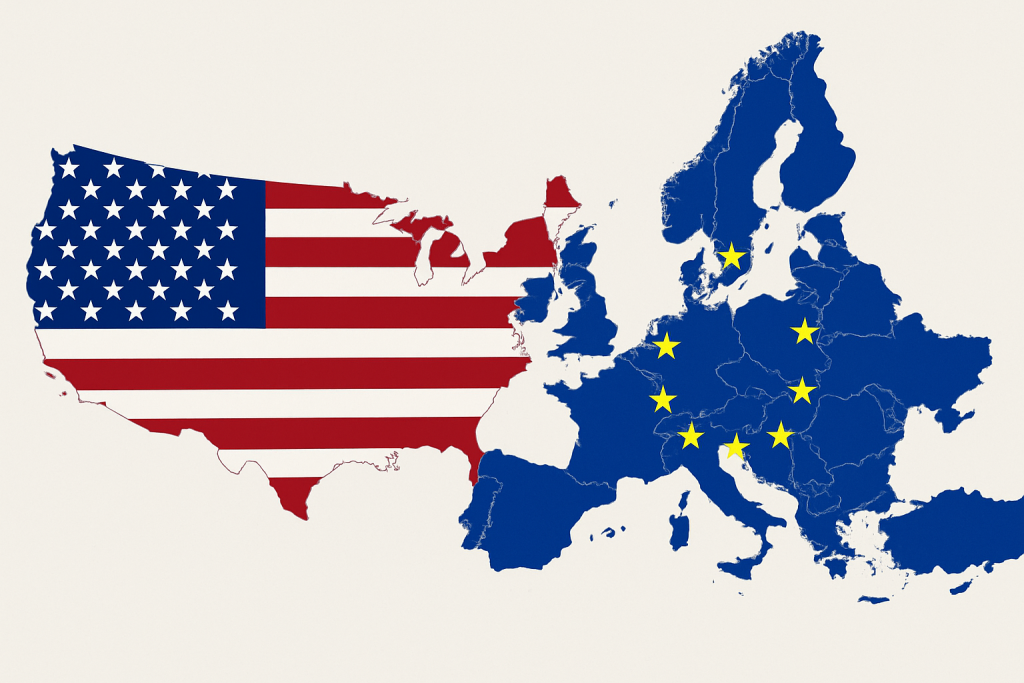The Future of Trade: How can Europe and the United States join forces to rewrite the post-COVID trade agenda

This program will explore:
● What should be the cornerstones of transatlantic re-engagement on trade and what, concretely, could Europeans and Americans reach agreement on in the near-term?
● What does Europe mean by “strategic autonomy” and how will pursuing it affect the transatlantic relationship?
● Do sectoral agreements in areas like professional recognition of qualifications, freedom of Movement, and types of trade in services not covered by the WTO’s “essentially all trade” requirement promise a good way forward? How could they leverage common transatlantic standards for their advantage?
● What might be a cooperative way to approach sanctions, data regimes, and subsidies that have been a source of transatlantic tensions?
● How could they approach WTO reform and bring China into multilateral disciplines ensuring a more leveled playing field?
● Pascal Lamy, Former Director-General, WORLD TRADE ORGANIZATION (WTO)
● William Alan Reinsch, Former President, NATIONAL FOREIGN TRADE COUNCIL
● Jonathan Hackenbroich, Policy Fellow, EUROPEAN COUNCIL ON FOREIGN RELATIONS [Moderator]

